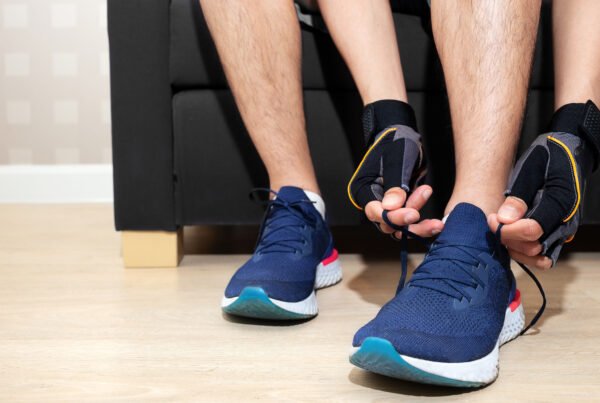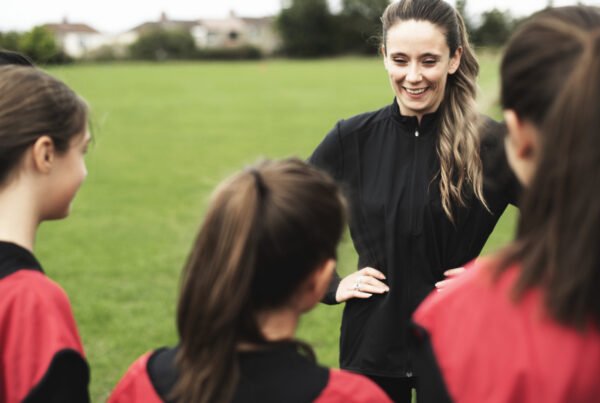SPORT is a major contributor to Scotland’s health, wellbeing and economy, but a huge proportion of that relies on volunteers and a new report has uncovered concern over where those volunteers will be when sport finally does get moving again.
While the UK and Scotland are among the highest sport employers per head of population globally (sport employment), volunteers provide the foundations and pillars within many sports. Up to now the focus has largely been on helping the professional tier of sport to resume, and bailing out clubs with multi-million pound losses. Various measures, not least a lack of actual sport, has enabled the hundreds of thousands of community sport clubs to remain solvent, however, planning a recovery from the Covid-19 pandemic remains impossible for many – not helped by the RFU’s announcement this week that no age-grade or adult rugby will be permitted until January 2021 at the earliest. Scottish Rugby are currently still planning for an October 31 return to competition north of the border.
OSS Research Adviser Dr Fiona Reid joined forces with Lindsay Findlay-King (University of Northumbria) and Geoff Nichols (University of Sheffield) to conduct a qualitative study of a range of sports club volunteers across Scotland and England. The research was carried out in July and August, 2020, as sport was starting to emerge from lockdown and numbers of members and volunteers were becoming clearer. The sports included were badminton, bowls, football, golf, gymnastics, hockey, mountaineering, Riding for the Disabled, rugby, swimming, squash, tennis and yachting.
The research analysed how sports clubs could contribute to an individual’s ‘sporting capital’, a theory developed by OSS Head of Research Nick Rowe, by providing social connections with others who play; developing confidence and competency, especially in children; and developing a participant’s sense of identity, and a general commitment to health and physical activity.
This latest report, carried out in conjunction with the UK Sport Volunteering Research Network, provides an interesting picture of how that is threatened and how it might recover in order to strengthen community sport, by analysing how clubs have used the Covid-19 lockdown period as an opportunity to engage more people, and the challenges faced to maintaining interest and enthusiasm of volunteers.
The research also studies how sports are adapting to Covid-19 regulations, how helpful advice from different governing bodies has been, how membership rates have been retained and other routes to securing financial viability. The biggest concerns lay around the loss of income over the past six months, but also the reduced income expected through 2021 with membership fees reduced; loss of players, coaches, administrators and other supporters; closure of hospitality to the club and local clients; and loss of sponsorship. Added to that will be increased costs associated with running teams, chiefly from away travel – players will not be able to share coaches for some time – and sanitising facilities and equipment.
At the time of interview, none of the clubs interviewed believed themselves to be in danger of imminent collapse but noted that a second lockdown – as is now feared – may be fatal to those in the most precarious financial position, with implications for the future of facilities and a widespread loss of volunteers.
The full report is featured below.
Community Sports Clubs’ response to covid-19_PUBLISHED





